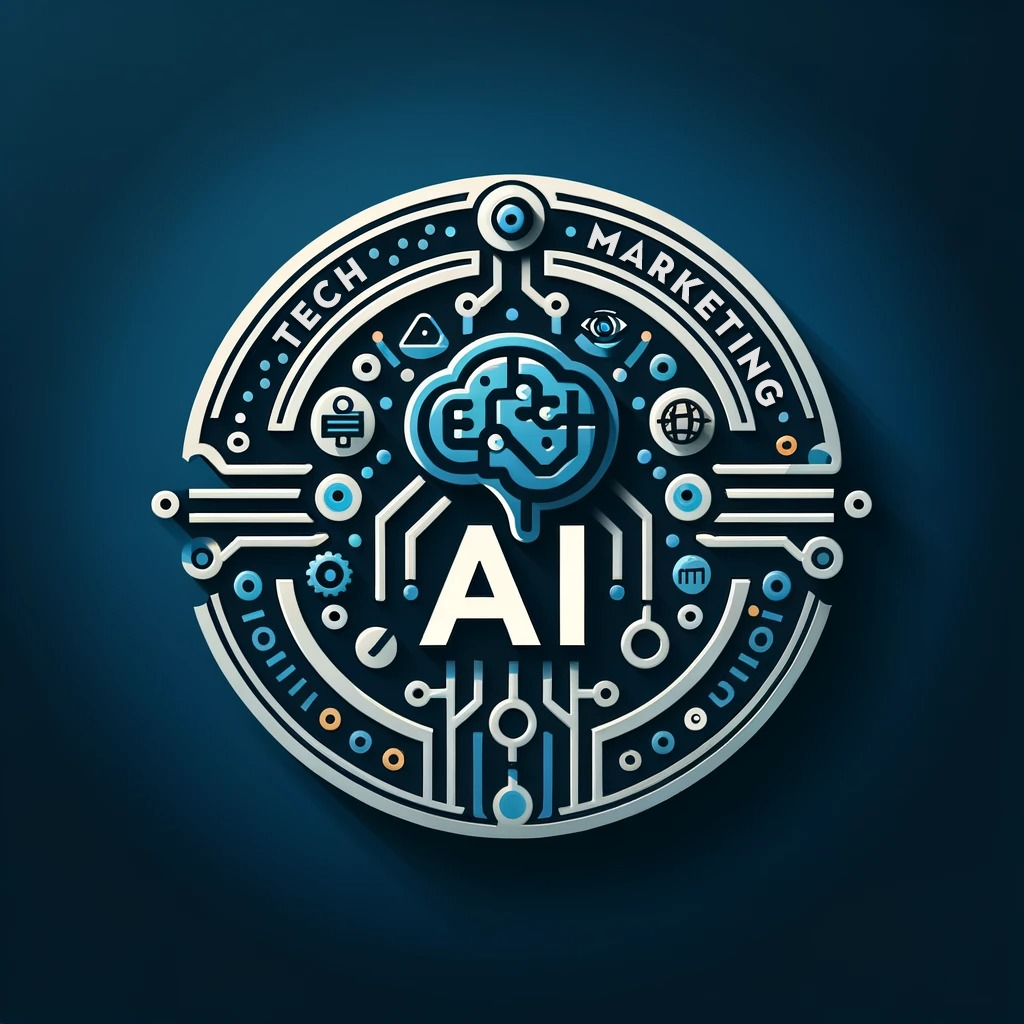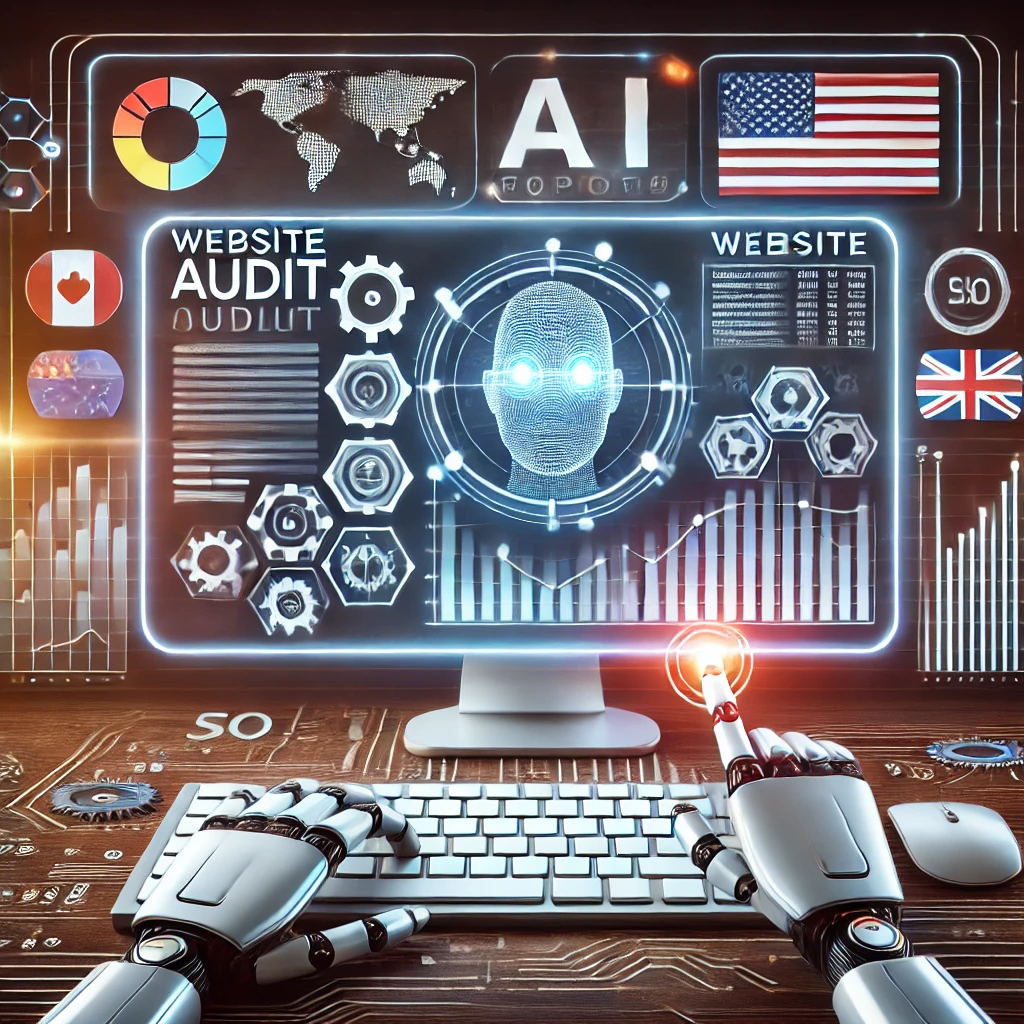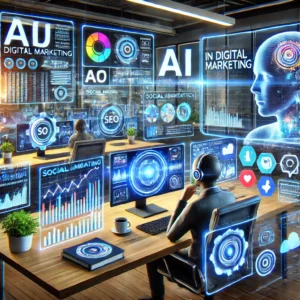In the ever-evolving landscape of digital marketing, the role of artificial intelligence (AI) has become increasingly significant. For businesses in the USA, UK, Canada, and Australia, staying ahead of the curve in SEO (Search Engine Optimization) is crucial. AI’s impact on site audits and overall SEO health cannot be understated, as it brings unprecedented efficiency, accuracy, and strategic insights. In this blog, we will delve into how AI is transforming site audits and SEO, providing practical tips and statistics to help you harness its power effectively.
Understanding AI in SEO
AI in SEO involves using machine learning algorithms and data analysis to optimize websites for search engines. These technologies can analyze vast amounts of data quickly, identify patterns, and provide actionable insights, making SEO efforts more effective and efficient.
The Role of AI in Site Audits
Site audits are critical for identifying issues that could hinder a website’s performance in search engine rankings. Traditional site audits are time-consuming and often miss subtle issues. AI-powered tools, however, streamline this process by providing comprehensive, accurate, and real-time analysis.
Benefits of AI-Powered Site Audits
- Speed and Efficiency: AI tools can perform site audits in a fraction of the time it takes for manual audits, allowing businesses to identify and address issues promptly.
- Accuracy: Machine learning algorithms can detect even the most subtle issues that might be overlooked in manual audits.
- Comprehensive Analysis: AI can analyze multiple factors simultaneously, including page speed, mobile usability, backlinks, content quality, and more.
- Predictive Insights: AI can forecast potential issues and provide solutions before they become problematic.
Key AI Tools for Site Audits
Several AI-powered tools have gained prominence for their effectiveness in site audits. These include:
- SEMrush: Known for its comprehensive site audit capabilities, SEMrush uses AI to analyze over 130 technical and SEO issues.
- Ahrefs: This tool leverages AI to provide in-depth backlink analysis and keyword research, crucial for effective SEO strategies.
- Moz Pro: Moz’s AI features help in identifying technical issues, keyword opportunities, and content optimization suggestions.
- Google Search Console: While not purely an AI tool, its integration with AI technologies helps in providing insights on site performance and indexing issues.
AI and SEO Health
SEO health refers to the overall state of a website’s optimization for search engines. It encompasses various factors, including technical SEO, on-page SEO, off-page SEO, and user experience (UX). AI significantly enhances each of these aspects, ensuring a robust SEO health.
Technical SEO
Technical SEO involves optimizing the infrastructure of a website. AI helps in:
- Crawling and Indexing: AI tools ensure that search engines can easily crawl and index your site. For example, Google’s AI algorithms prioritize mobile-friendly and fast-loading sites.
- Identifying and Fixing Errors: AI can detect and suggest fixes for issues like broken links, duplicate content, and improper redirects.
- Schema Markup: AI can help implement schema markup, enhancing rich snippets in search results, thus improving click-through rates.
On-Page SEO
On-page SEO focuses on optimizing individual pages to rank higher. AI assists in:
- Content Optimization: AI tools analyze top-performing content and suggest improvements for better keyword targeting, readability, and engagement.
- Keyword Research: AI algorithms can identify the most effective keywords based on search trends, competition, and relevance.
- User Intent Analysis: AI helps understand user intent, allowing for the creation of content that directly addresses search queries.
Off-Page SEO
Off-page SEO involves activities outside your website that impact rankings. AI contributes by:
- Backlink Analysis: AI tools can evaluate the quality and relevance of backlinks, identifying opportunities for acquiring high-authority links.
- Social Media Insights: AI analyzes social media trends and interactions to inform off-page SEO strategies, enhancing brand visibility and engagement.
User Experience (UX)
User experience is critical for SEO success. AI enhances UX by:
- Personalization: AI algorithms can personalize content and recommendations based on user behavior and preferences, improving engagement and retention.
- Site Speed: AI tools help optimize site speed, a crucial factor in user satisfaction and SEO rankings.
- Mobile Optimization: AI ensures that websites are fully optimized for mobile devices, aligning with Google’s mobile-first indexing approach.
Practical Tips for Leveraging AI in SEO
To fully capitalize on AI’s potential in site audits and SEO health, consider the following pro tips:
- Integrate AI Tools: Use a combination of AI-powered tools like SEMrush, Ahrefs, and Moz Pro for comprehensive site audits and SEO strategies.
- Focus on Quality Content: AI can guide content creation, but the focus should always be on providing value to users. High-quality, relevant content will always rank better.
- Optimize for Voice Search: With the rise of voice assistants, optimizing for voice search is essential. AI can help identify natural language keywords and phrases used in voice searches.
- Monitor and Adapt: SEO is dynamic. Regularly use AI tools to monitor your website’s performance and adapt your strategies based on the latest insights.
- Leverage Local SEO: For businesses in the USA, UK, Canada, and Australia, local SEO is crucial. Use AI to optimize for local search queries and improve visibility in local markets.
- Stay Updated: AI and SEO are rapidly evolving fields. Stay informed about the latest developments to ensure your strategies remain effective.
Statistics on AI and SEO
To understand the impact of AI on SEO, let’s look at some relevant statistics:
- Speed and Efficiency: AI-powered site audits can reduce the time taken by up to 80% compared to manual audits .
- Accuracy: Businesses using AI for SEO report a 60% increase in the accuracy of issue detection .
- Content Optimization: AI-driven content optimization can improve organic traffic by up to 30% .
- Local SEO: 78% of location-based searches on mobile result in an offline purchase, highlighting the importance of local SEO optimized by AI .




